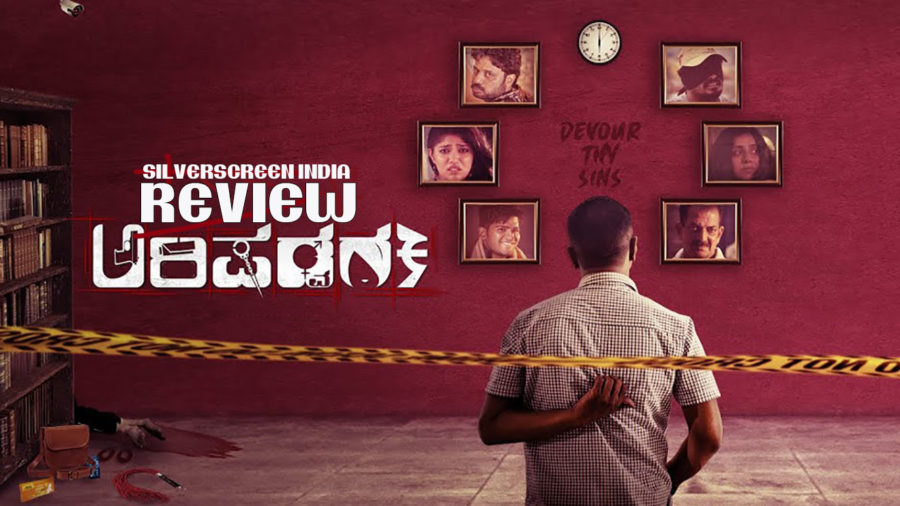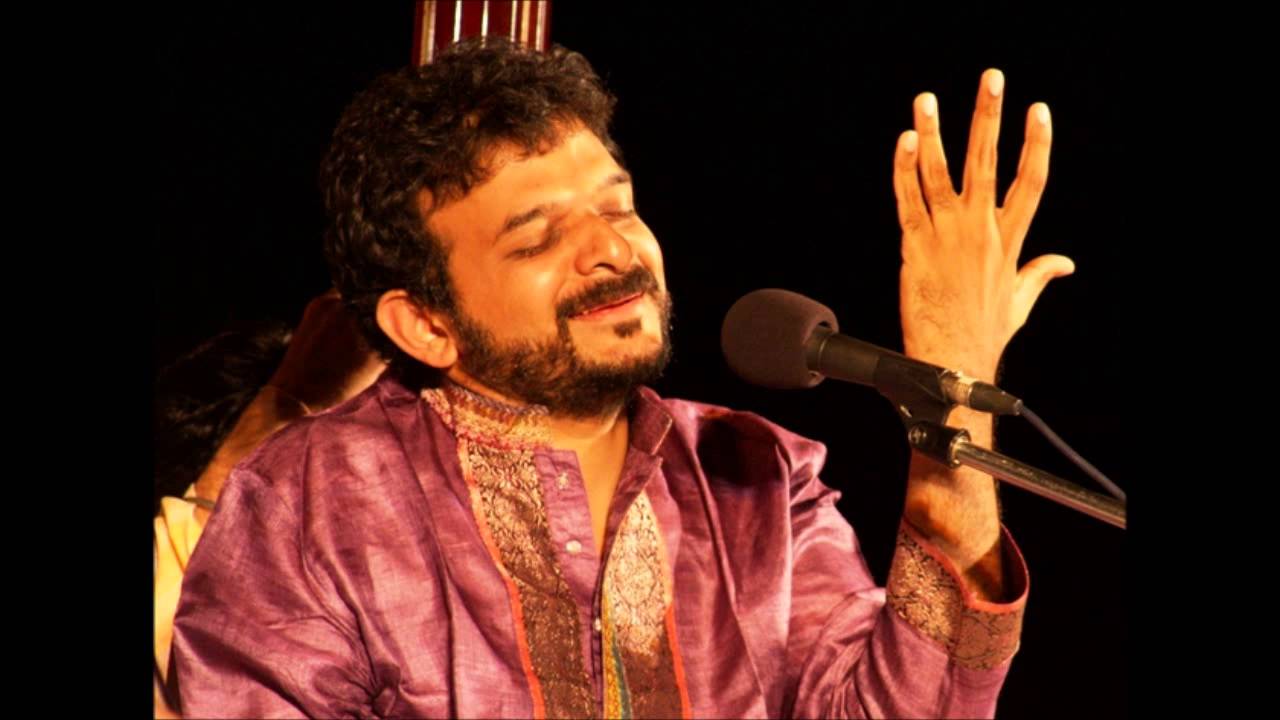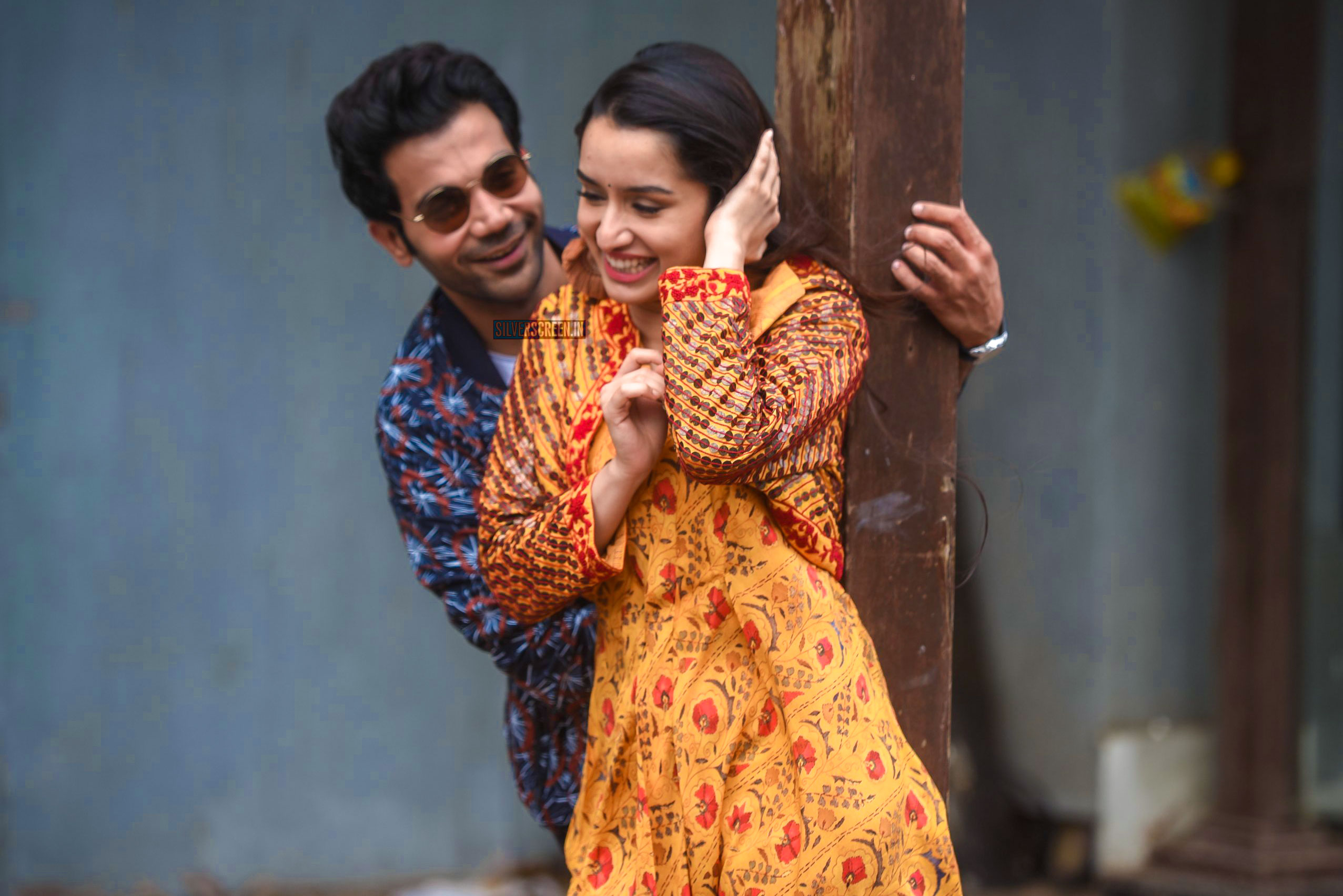Director: Arvind Kamath
Cast: Mahesh Bung, Samyukta Hornad, Gopalkrishna Deshpande, Nanda Gopal, Anju Alva Naik
Arishadvarga, a Kannada film written and directed by Arvind Kamath, opens to a sequence that resembles an image of a flock of lambs walking to a trap laid by an invisible hunter. Anish (Mahesh Bung), a part-time actor, part-time gigolo, is getting ready for a meeting with a new client. Sakshi (Samyukta Hornad), an aspiring actress, is on her way to meet a movie producer. Bheemsen (Gopalkrishna Deshpande), an autorickshaw driver, is ferrying children to school. During the day, one after another, they walk into a plush house in sub-urban Bangalore, to get entangled in a murder case. Anish becomes the prime suspect and the others, witnesses.
Kannada cinema, which woke up to an indie wave in the beginning of 2010s, is yet to reach the peak of that movement but with every new addition to the list, it seems to be growing into a fascinating form. Layer by layer, the new directors are exploring the inner and outer facets of life in Bangalore, a city which has expanded beyond what it can contain and control.
Arishadvarga is a cold and dark drama set in a rich bourgeois household where silence and mobile ringtones speak the loudest. Kamath doesn’t turn the murder mystery into an edgy entertainer but stretches it to reveal something darker than the murder itself. The film isn’t exactly gripping. There are no action thrills, a cat and mouse chase or familiar techniques to create suspense. There are long-winded domestic sequences, like those involving Sakshi’s family, that could lull you to sleep.
The visual style isn’t arresting but impressively frugal. You see what you have to see to keep track of the unravelling plot. There are subtle nods to the characters’ instincts and defining traits. For one, a senior police constable, while following a suspect, stops for half a moment to bow in front of a road-side deity and thus loses the sight of the man. In a later instance, this devout oldman is revealed to have been involved in a custody murder case.
Arishadvarga is a cut above the mainstream crime dramas for what it says about the irony in human beings. If people aren’t what they seem, is it because they are hiding their true self or is it because the onlooker is prejudiced?
The most shocking revelation in the film isn’t the truth about the murder or the manner it comes to light but the fact that the truth changes nothing. The truth doesn’t deliver justice or change the status quo but trigger another sequence of injustice. If the murder was an impulse response, the well-orchestrated stream of actions that follow are a reflection of the darkness that keeps the system running.
In the film’s second act, the narrative focuses on the police officer (Nanda Gopal) investigating the case. Rather than letting him take over the proceedings, the film asks the viewer to pay attention, watch him closely as he listens to the kin of the victim, the suspects and the witnesses to find a clue. There are no cliches. This cop doesn’t ask groundbreaking questions or make a move that suggests extraordinary acumen or a passion for his profession. He hides more emotions than he shows. He is as ordinary in his moral judgements as anyone else on the street. When he realises Anish is a gigolo, he doesn’t bat an eyelid. But in the next scene, you see him thrashing the young man into pulp, as though he is avenging the moral violation that he committed on the society.
Unusual for a mainstream film, lust is the centrepiece of Arishadvarga. It is one of the six enemies (arishadvarga) of the mind, according to Hindu theology. In the film, it is the root of all evils. Anish is chosen as a lamb to the slaughter because of his profession as a sex worker. The society has no sympathies for him. Krithi loses control on her life thanks to her pursuit of sexual pleasure. Also, lust is on everyone’s mind. When the police officer first meets Krithi, she is changing. He catches a glimpse of her bare upper body. Does that sighting have a cascading effect? Probably, yes.
The film does something amusing and innovate with the sound design, including the music. A non-deigetic sound, a song playing in the background as people go about their daily chores, suddenly turns out to be diegetic when a character turns off his radio. The domestic sequences are packed with stiff silence that evokes a sense of eeriness. In another instance, three strangers ﹣Sakshi, Anish and Bheemsen ﹣ bond over a joint and sing together to pass the night.
Recommended
Anju Alva Naik does an excellent job of walking a tight rope between a victim of circumstances and a scheming villain. Bheemsen isn’t an everyday comedian but a neatly-written sub-character who makes sensible remarks on the situation. The most intriguing of all the performances in the film is by Nanda Gopal whose deadpan face refuses to register any conclusion. Is he exhausted, lonely or bored? Is he furious or is he scheming something? We don’t know. And the film wants to keep it that way.
****
The Arishadvarga review is a Silverscreen original article. It was not paid for or commissioned by anyone associated with the film. Silverscreenindia.com and its writers do not have any commercial relationship with movies that are reviewed on the site.



